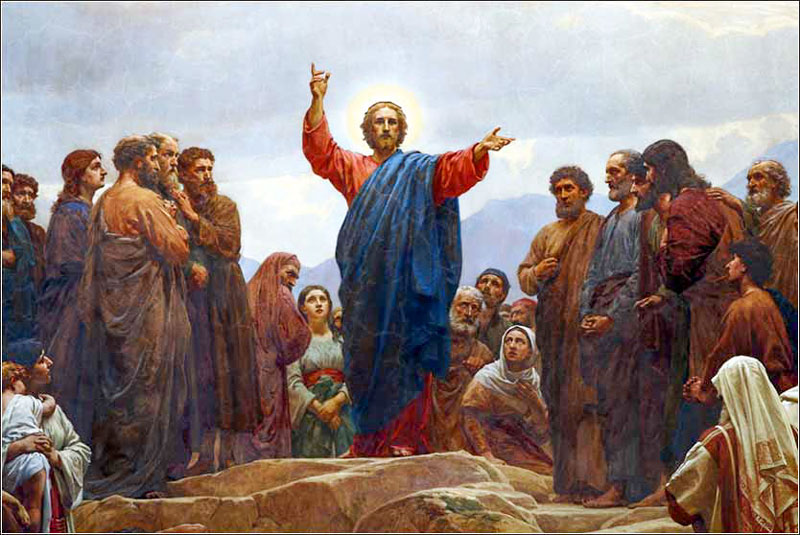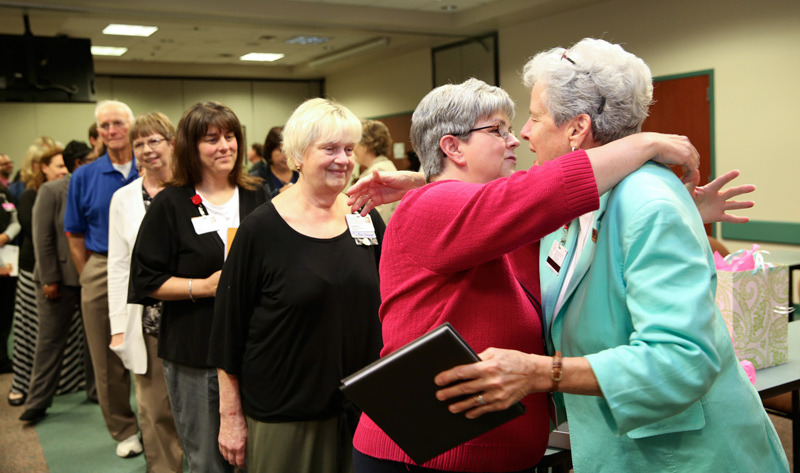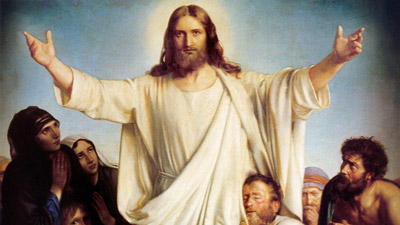
Whether or not a person is a believer in anything beyond the visible world, it seems that there is at least one basic question that human beings must ask about right and wrong: Should we do everything we can do? We can do many fine and many villainous things.
On the positive side, we can say that we should care to be alive and to thrive. We ought to live peaceably in society. We should pass the goods of this planet on to future generations. And we rightly seek the truth about God and the good. These are things which philosophers and theologians have held to be built into humanity from the start. We call this the natural law.
As far as negatives are concerned, we have framed and received commandments and codes of law for millennia. We almost instinctively know some things are harmful to human persons and human society. Thus, we should not torture, rape, cannibalize.
People of faith also get instruction and guidance from God, revealed texts, official teachings, and the cumulative wisdom of saints. Thus, we Catholics are sure that we should pray and keep the Sabbath, live a sacramental life, heed God’s Word, be good citizens, support families, and revere human life from conception to natural death. We decry abortion, euthanasia, capital punishment, acts of terrorism, human trafficking, various forms of discrimination, the trivialization of marriage, etc., as offensive to God’s design and detrimental to the common good.
Then we face the controversies which develop as discoveries emerge, technology develops, and civil laws and social mores change.
Over and over, we face the basic question. The onset of the atomic era and the rise of anti-population warfare has led popes, bishops, and an ecumenical council to warn that the arms race was and is immoral — a threat to humanity at large and a particular assault on the poor. Contemporary environmental concerns have prompted comment in papal encyclicals, bishops’ letters, and the Catechism about care for the earth. New reproductive technologies and procedures have elicited Church judgments about which fertility treatments cooperate with nature and which ones conflict with our theology of the body and our understanding of the sacramentality of marriage (in vitro fertilization, surrogacy, potential human cloning, for example). Catechized Catholics also understand why same-sex marriage is not regarded as marriage at all — if, that is, they grasp our basic understanding of personhood and matrimony.
We have sound guidance, but we know that a fuss arises immediately when religious leaders weigh in on questions deemed political. The problem is that political questions are so often deeply moral questions. Should we allow ordinary citizens to be armed with weapons designed for military specialists and law enforcement officers? Should we send youth who have spent their childhood in America packing because their parents didn’t have papers? Should we deem refugees inevitably dangerous? Really? Really? Do people who live by the two great commandments actually have to pose these questions? Or should we find equitable, human, and holy solutions?
Sister Pamela Smith, SSCM, is the Secretary for Education and Faith Formation at the Diocese of Charleston. Email her at psmith@catholic-doc.org.




